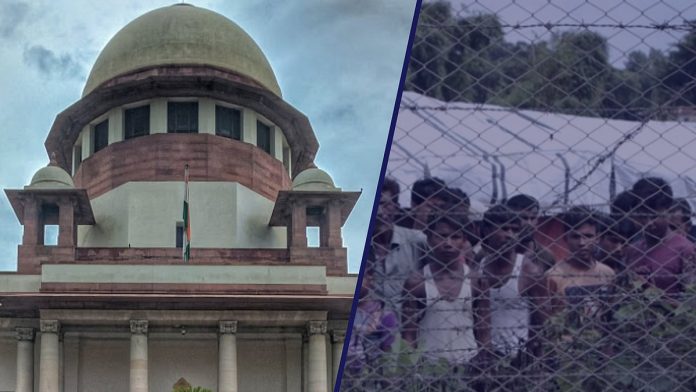In a significant legal development, the Supreme Court of India has stated that Rohingya refugees must be deported if they are found to be foreigners under Indian law. The court made this observation while hearing a plea concerning the status and rights of Rohingya refugees currently residing in India, according to Bar and Bench.
The Central government, during the proceedings, asserted that India is not a signatory to the 1951 United Nations Refugee Convention or its 1967 Protocol. It further emphasized that the refugee status claimed by many Rohingyas, based on identity cards issued by the United Nations High Commissioner for Refugees (UNHCR), is not officially recognized by the Indian government.
The Supreme Court underscored that while Articles 14 and 21 of the Indian Constitution provide the right to equality and the right to life to all individuals, the right not to be deported is intrinsically tied to the right to reside in India, which is reserved for citizens under Article 19(1)(e). Therefore, non-citizens do not enjoy an automatic protection against deportation.
The government has repeatedly voiced national security concerns associated with Rohingya settlements and has maintained that only after verification and confirmation of citizenship by Myanmar will deportation proceedings be carried out. Meanwhile, human rights organizations and the United Nations have criticized this approach, cautioning that forced deportation of the Rohingya community could amount to a violation of international law, particularly the principle of non-refoulement, which prohibits sending refugees back to countries where they face serious threats to life or freedom.
The court has not ordered the release of Rohingya refugees currently held in detention centers but has insisted that any process of deportation must strictly adhere to legal procedures. The decision has intensified ongoing debates regarding the treatment and legal protections of stateless populations in India, especially in the absence of a comprehensive national refugee policy.




